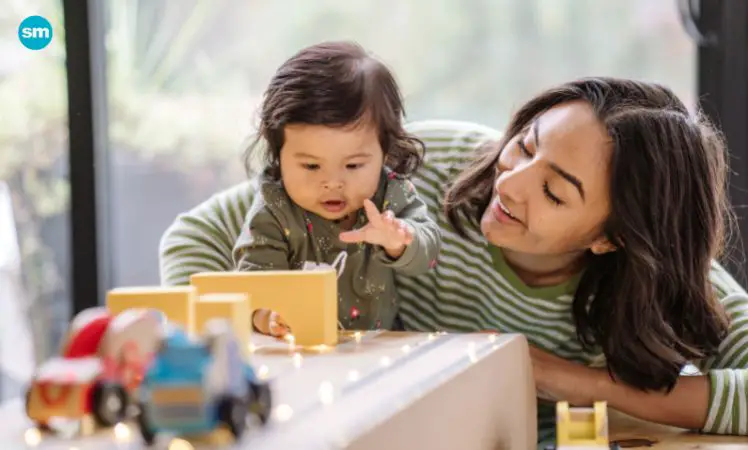Last Updated on January 16, 2024 by
Parents having a favorite child is concerning. However, the long-term consequences of parenting favoritism is becoming more of a hot topic as there are many parents admitted to having a favorite child. This, in turn, can create a huge effect in the child during their childhood life.
What Is Parenting Favoritism?
Your sister got better gifts than you. Your baby brother got all the attention. These are examples of favoritism. If one or both parents show a consistent preference for one child over the other, this is called parental favoritism.
This can lead to more time together, less discipline and more privileges. We parents try to be neutral and treat our children equally. This task can be a lot more difficult than it sounds.
Why Do Parents Have A Favorite?
A firstborn is a baby girl and she’s an exact image of her mother. The mother begins to see that her daughter’s mannerisms and her attitude reflect her own. It is a proud thing to see her daughter like her. The mother will be a good friend to her, even though it may not be her intention.
The baby or oldest child is usually the favorite. The firstborn is special and needs your constant attention. Parents sometimes feel closer to their children who have special needs or are sick. Parents will also often talk with their children about the differences in treatment to ensure that they understand it is not personal. It can still feel personal to a child.
Overcome your natural desire to favor one child by being conscious of your actions and aware of your choices.
What Are The Effects Of Parenting Favoritism On The Children?
Long-term consequences can be caused by growing up in a home of parental favoritism. The biggest dangers to long-term health are anxiety, depression, unstable and even traumatic reactions in intimate relationships for both favored and unfavored children. Everyday, your children will also have to face performance anxiety so they can live up to their parent’s expectations.
Transition From Child To Adulthood
The unfavored child will feel low self-worth, inadequacy and self-worth, and they may also feel rejected and unworthy of the same love and attention as the favored child. This can have long-lasting consequences on their performance in school, at work, and in interpersonal relationships.
One surprising side effect of parental favoritism can be that children who feel neglected may develop a more independent view of life. They don’t need to be surrounded by their parents. They don’t have to be dependent on anyone. Although independence can be good, isolation is often a result of this outlook.
Although it may seem like it is easy to be the preferred child, it is not. Being the favored child means that you are almost always resentful of other children. Uneven attention from parents can poison sibling relationships without any effort.
Do Parents Grow Out Of Parenting Favoritism?
No. Children who live close to their parents or have provided financial or emotional support to them are often preferred.
Only 15% of adult children surveyed felt equal treatment by their mothers in the study. Although this seems like a shocking number, it is important that we remember that favoritism can only be a problem if it occurs regularly or consists of unjustified differences in treatment.
The study concluded that “maternal differentiation” was associated with higher levels of depression in middle-aged adults across all domains. This is an honest look at the role parents play in shaping their children’s lives and futures.
What Can Parents Do?
To avoid favoritism, it is important to be aware of how children are treated and to try to be fair. It may seem impossible in certain situations. And, that’s okay. Your decisions will be easier if you are aware of your actions and know that your children look up to you for guidance.
Be aware of your behavior and try to change it to be more consistent. If I buy one child a gift, I give the other a gift. This is despite the fact that it isn’t a reward or birthday present. The allowance is given to one child and the other will receive an allowance at the appropriate age. Spending quality time with each child and listening to their stories, and praising each child when it is necessary.



